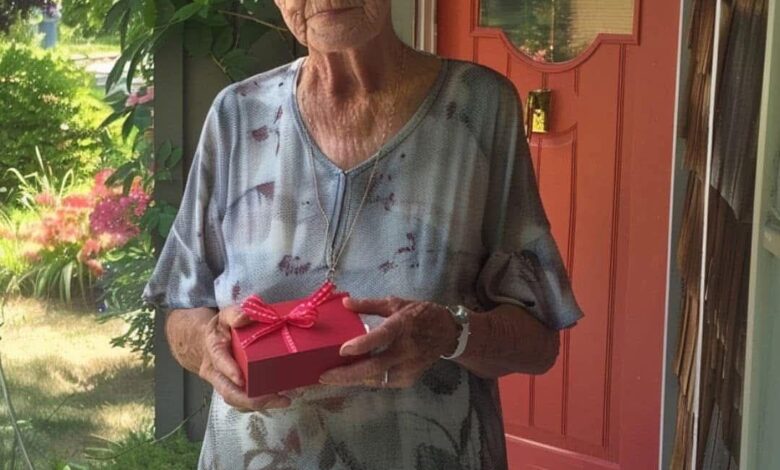Finding Lost Love: The Unexpected Reunion That Changed Everything

Yet, as I walked these familiar paths, I also recognized how much time had passed, how life had guided us in different directions. I had built a life of my own—filled with quiet routines and modest pleasures—but the ghost of that lost love still lingered in the corners of my heart. Every memory served as a reminder of a dream that had once been vibrant but now seemed irretrievably lost.
I began documenting my thoughts in a journal, recording every emotional detail, every question that swirled through my mind, every memory that both comforted and tormented me. Writing became therapeutic—a way to process the layers of my past and come to terms with what had happened. I wrote about the crimson box, the letter, and the pregnancy test, each detail a piece in the complex mosaic of our shared history.
I reached out to old friends and relatives, seeking to understand the choices that had led Kira down her separate path. Through emotional late-night conversations, I learned that her life had been a series of difficult decisions—choices made in moments of desperation and hope, all designed to protect the fragile remnants of love that she once believed we shared. She admitted there were times when she wished things could have been different, when she longed for a chance to rewrite our story. Yet, painful as these memories were, they also held the potential for redemption—an opportunity for us both to finally understand what had been lost and what might still be reclaimed.
Seeking Answers to Lifelong Questions
One of the most challenging aspects of this unexpected reunion was confronting the barrage of unanswered questions. Had I truly been abandoned, or had Kira been forced into decisions beyond her control? Was our love genuinely lost, or simply buried under the weight of circumstance? I sought answers everywhere—through introspective conversations with myself, through research into our past, and through soul-searching moments that left me both devastated and determined.
I contacted mutual friends from high school, inquiring about the intervening years. Many spoke fondly of our youthful romance and the promises we had made under starlit skies. Yet they too remained in the dark about what had transpired after our separation. I wondered if perhaps time had softened the edges of that painful goodbye, if wounds from the past had healed enough for forgiveness to take root.
In my quest for closure, I considered reaching out to Kira directly. But the thought of confronting her—of facing the pain and regret she carried—felt both terrifying and overwhelming. Instead, I channeled my energy into understanding my own feelings, coming to terms with the reality that I had more questions than answers. In the privacy of my home, with my journal as confidant, I began piecing together the narrative of our lost love—a story that was complex, raw, and unfiltered.
I learned that true closure doesn’t come from finding all the answers. Rather, it emerges from accepting that some mysteries remain unsolved, and that understanding is an ongoing process. It’s a journey of self-discovery—one that teaches you to embrace uncertainty and find strength in your own resilience.
A New Understanding of Love and Loss
After weeks of reflection, the shocking revelations began to coalesce into a new understanding of who I was—and who we had been together. I realized that our relationship, as painful and flawed as it had been, also testified to the intensity of our youthful passion and the harsh realities that life imposes. The crimson box, with its faded letters and evidence of a life that had taken an unexpected course, wasn’t just a symbol of betrayal—it represented the choices we make, the paths we follow, and the sacrifices we endure.
I began to see that, for Kira, life had been a series of forced decisions—a path that diverged from the dreams we once shared, not because our love was weak, but because circumstances and external pressures had changed everything. I recognized that her return wasn’t necessarily an attempt to reclaim what we had lost, but rather a plea for acknowledgment—a desire to have her story heard, even if it meant disrupting the carefully constructed narrative of our past.
That realization marked a turning point in my journey. I no longer viewed our past as a series of painful betrayals, but as a complex tapestry of love, loss, and life’s harsh truths. I began to embrace the idea that every experience, regardless of its pain, shapes us into the person we’re meant to become. I chose to see the crimson box not as a harbinger of regret, but as a key—one that unlocked the door to a deeper understanding of my own identity and the intricate legacy of love that had defined my life.
Continue reading on next page…